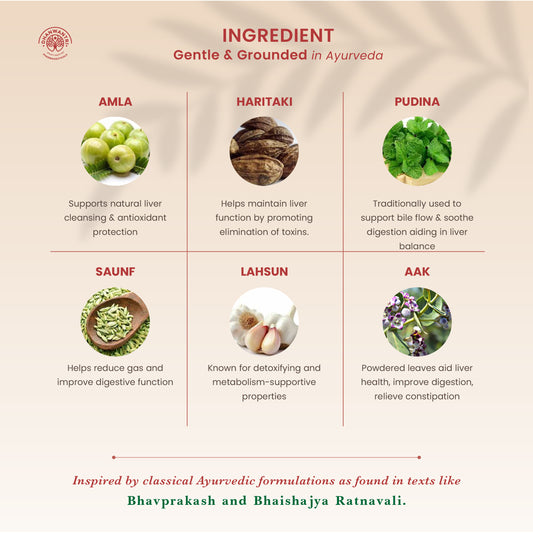Liver Cancer Diagnosis & Treatment
Liver cancer, a serious and often aggressive disease, arises from the cells within the liver, an essential organ responsible for various critical functions, including detoxification, protein synthesis, and the production of biochemicals necessary for digestion. Recognizing the symptoms early and understanding the available treatment options can significantly impact the prognosis and quality of life for those affected by this condition.
Symptoms of Liver Cancer
Liver cancer symptoms often do not appear until the disease is in its later stages, making early detection challenging. However, being aware of the potential signs can lead to earlier diagnosis and treatment. Common symptoms include:
Unexplained Weight Loss: Sudden and unintentional weight loss can be an early indicator of liver cancer.
Loss of Appetite: A marked decrease in appetite and feeling full after eating small amounts of food.
Upper Abdominal Pain: Persistent pain or discomfort in the upper right side of the abdomen, where the liver is located.
Swelling in the Abdomen: The accumulation of fluid in the abdomen (ascites) can cause noticeable swelling.
Jaundice: Yellowing of the skin and eyes due to the buildup of bilirubin, a substance produced by the liver.
Fatigue and Weakness: Persistent tiredness and weakness that does not improve with rest.
Nausea and Vomiting: Persistent nausea and vomiting can be a symptom of liver dysfunction.
Dark Urine and Pale Stools: Changes in urine and stool color can indicate liver problems.
Itchy Skin: Persistent itching can be related to liver dysfunction and bile salt accumulation.
Diagnosis:
If liver cancer is suspected, a variety of diagnostic tests may be conducted, including:
Imaging Tests: Ultrasound, CT scans, and MRI scans can help visualize the liver and detect tumors.
Blood Tests: Alpha-fetoprotein (AFP) blood test, liver function tests, and other blood markers can aid in diagnosis.
Biopsy: A tissue sample from the liver may be taken and examined under a microscope to confirm the presence of cancer cells.
Treatment Options
The treatment of liver cancer depends on the stage of the disease, the health of the liver, and the overall health of the patient. Options include:
Partial Hepatectomy: Removal of a portion of the liver containing the tumor.
Liver Transplant: Replacement of the diseased liver with a healthy donor liver, suitable for patients with early-stage liver cancer.
Radiation Therapy: External beam radiation or stereotactic body radiation therapy (SBRT) to target cancer cells.
Targeted Therapy: Drugs like sorafenib and lenvatinib specifically target cancer cell pathways.
Immunotherapy: Drugs that help the immune system recognize and attack cancer cells, such as nivolumab and pembrolizumab.
Chemotherapy: Systemic chemotherapy is less effective for liver cancer but may be used in certain cases.
Conclusion
Liver cancer remains a challenging disease with a complex array of symptoms and treatment options. Early detection and comprehensive treatment strategies are crucial in improving outcomes. Individuals at risk should engage in regular screenings and adopt preventive measures to reduce their chances of developing liver cancer. By staying informed and proactive, patients and their families can navigate the journey with greater confidence and hope.





